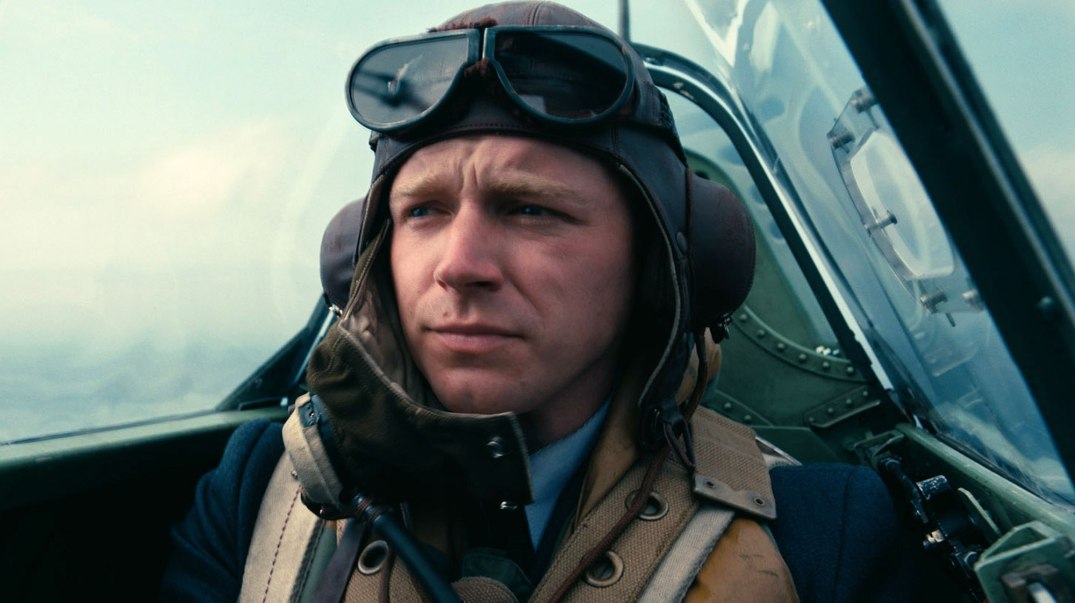
Film scores have defined our moviegoing experiences for decades. They have altered, manipulated, distorted, uplifted, haunted and underlined our perception of a particular work of cinematic art countless times.
Would the fantasy of Harry Potter grow and get darker and richer, while preserving the childish whimsy and charm without John Williams’s brilliant score for “Prisoner of Azkaban”? Would the moral and principled Marge Gunderson hold half the allure she does in Joel Coen’s dark comedy “Fargo” without the staggering, lamenting cords of Carter Burwell’s serene score? Would either “Blade Runner” or “Chariots of Fire” succeed without Vangelis’s shaded ambiguity in the former and the swooning patriotism in the latter?
Composition of scores began as an exercise to embellish and decorate film, it was done in want of something to annotate the text without reducing its importance. It was lively, efficient, and in rare instances, melodious too. But it never existed as a part of a film’s narrative, as an inseparable element, defining its thematic intentions and charging its validity and relevance to accentuate the temporal qualities of a film. It was intentioned only to make the film more appealing as a source of entertainment, to add to its texture, but never become a part of that texture.
But as auteur filmmakers began to link sound with images and to realize how deeply significant scores can be to the experience of a film, and how singular ideas can be communicated in specific auditory terms, scores became what they should have been from the inception of sound in film: an incessant source of the effectiveness of the filmmaker’s ideas. They created auras around films, making them at once much more accessible and mysterious.
Ideas intended to communicate one thing, lead to a hundred-different interpretation, thanks to the experience of the score registering in varied ways with different people. Think Ennio Morricone’s contributions to the expansive universe of Sergio Leone’s filmography or Nino Rota’s legendary, miraculous score for Francis Ford Coppola’s “The Godfather” or Maurice Jarre’s sweeping stylization of David Lean’s epic excursions, and you’ll understand the complexity of a film score’s importance to the working of a film.
Listening to the score of a film years after having seen it for the first time induces an impact that’s both hard to analyze and immensely pristine – it brings back the perception that made the film so thrilling, so riveting an experience when its visuals were accompanied by the overwhelming notes of a composer’s creation.
A score or lack thereof is one of the most significant decisions in the artistic process of making a film. But in the case of a film with a great score, it has become impossible to imagine it devoid of the score. Even great visual extravaganzas like “Mad Max: Fury Road” would fail if watched without their audio, because the choreography of the action sequences or the quietness of the subtler moments is so skillfully synced to Junkie XL’s chest-thumping music.
So here are the 15 greatest film scores of this decade so far.
15. All is Lost – Alex Ebert
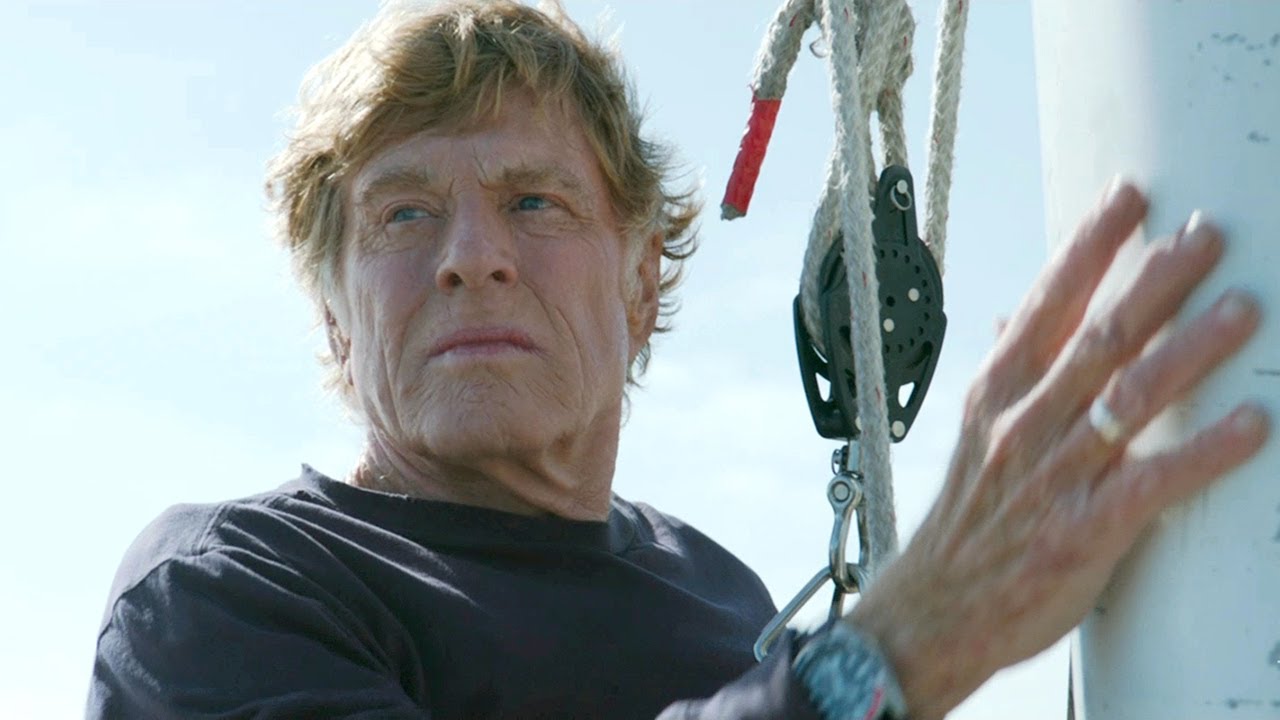
Famous as the lead singer for the bands ‘Ima Robot’ and ‘Edward Sharpe and the Magnetic Zones’, Ebert’s work has been a confluence of different sensibilities and ideologies, but his depth has been as consistent as the vitality of his discography. Songs composed by him frequently feature in films and television shows and although his fame is not proportional to his talent, he is creating a legacy that will hopefully stand the test of time.
His first score for a film was for J.C. Chandor’s “All is Lost”, a survival drama starring Robert Redford as an unnamed man on a boat trip who is attempting to find his way back on shore. There is very little dialogue in the film and while the highly wrinkled, weathered, but nonetheless expressive face of Redford is a most suitable guide, Ebert’s music is what completes the film.
Complementing the Oscar-nominated sound design, the score plunges you into the many physical and emotional realities of the film. It drowns you into the sea, and confronts you with death, and then brings you back up from the plunges of darkness, where hope is waiting to greet you. It is a masterful document of every human emotion possible – from regret to despair, from joy to contentment, from stumbling upon death to finding life again. “All is Lost” and for that matter, most of Chandor’s work is criminally underseen and underrepresented, and that needs to change.
14. Elle – Anne Dudley
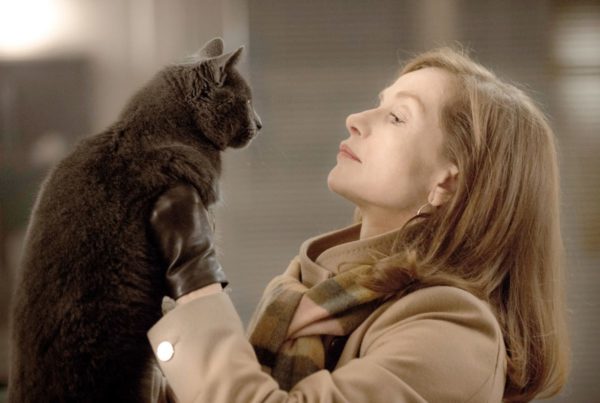
English composer Anne Dudley has had a diverse and enviable career. She won an Oscar in 1997 for her work on Peter Cattaneo’s “The Full Monty” and was the first Composer in Association for the BBC Concert Orchestra. She has also composed scores for films like “American History X”, “The Crying Game” and “Black Book”, the latter being one of her tallest accomplishments and the beginning of her partnership with Dutch filmmaker Paul Verhoeven.
The second film that was a result of this partnership was “Elle”, a riveting, electrifyingly dark account of a woman who is sexually assaulted in her house and then after initiating a twisted relationship with the perpetrator, concocts a plan to take revenge. It is a rare, almost esoteric film that benefits from an incomparable central performance from Isabelle Huppert and attempts to create an unusual female character – one who is neither a victim nor a heroine.
Wrapped in Dudley’s ill-mannered, almost playfully suggestive and haunting score, “Elle” packs more punch than all clinical films about rape and sexual assaults combined. It moves at an oddly unrecognizable speed and Dudley’s crafty notes viciously attack and invade our consciousness, chilling us to the core, before they can lead us, inform us and scar us.
13. Drive – Cliff Martinez
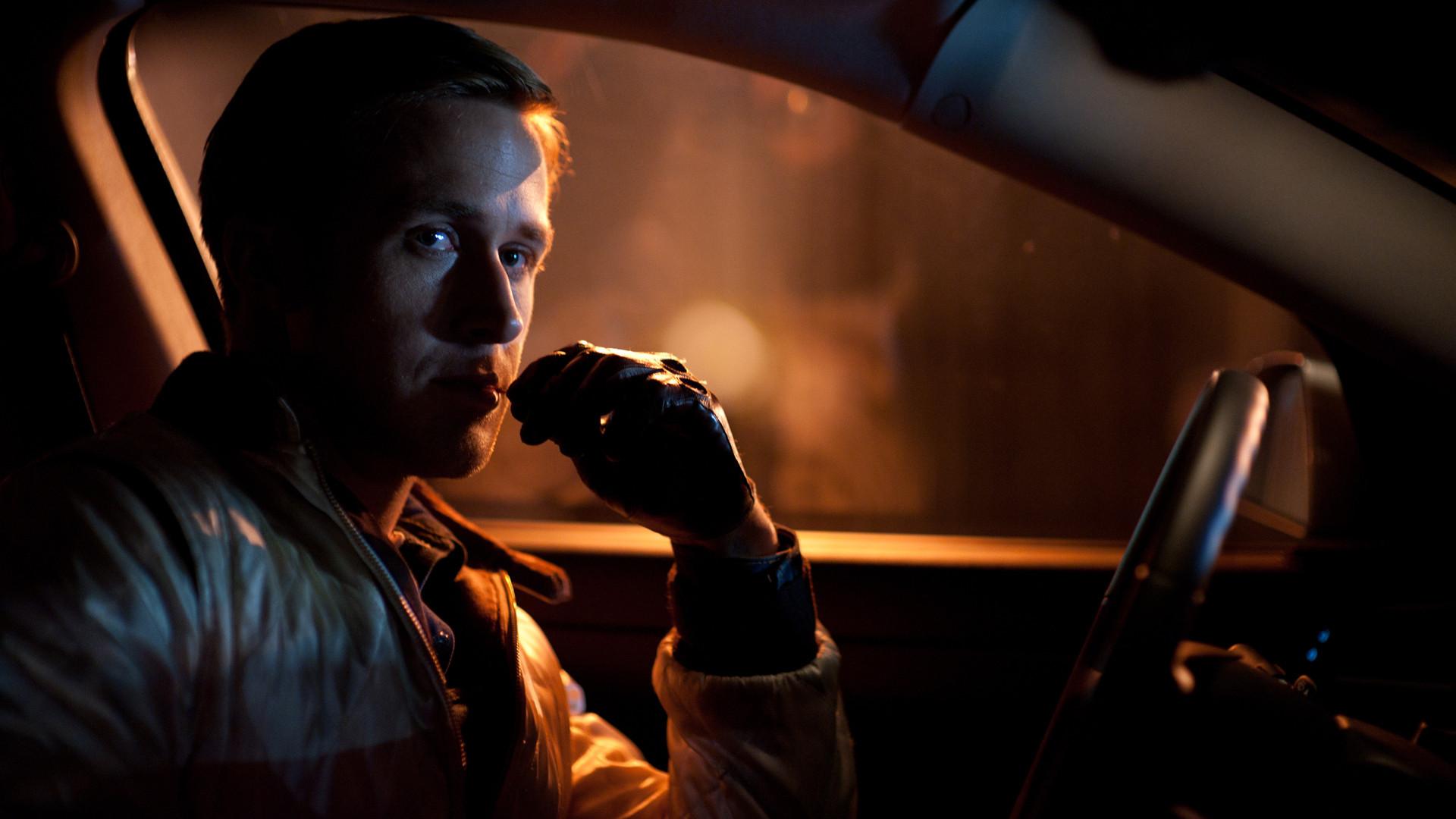
After years of being our entry into the naturally profound world of Steven Soderbergh, Cliff Martinez has established a style of composing that simultaneously completes the narrative and lies above it. There is a greater truth hidden in his compositions, something that is both within reach and endearingly beyond it. We understand the thematic intentions of the films it belongs to better with his work accentuating them, but we also touch something far ahead in time and intellect than the narrative. It cannot be explained or dissected, only heard and felt.
Martinez’s electronic, vibrant teaming with Nicholas Winding Refn, one of the most staunch film auteurs of all time, has been as confounding and difficult to pin down as most of Refn’s films. It began with 2011’s “Drive”, easily Refn’s best film and Martinez’s most thrilling, most enlivened, most heartfelt score, with Soderbergh’s “Sex, Lies and Videotape” being a very close second.
Martinez’s score pulls you into the complex, gritty world of “Drive”, following Ryan Gosling’s Hollywood stunt driver who gets involved in a botched heist that endangers his life, and relentlessly talks, whispers into our ears the secrets of Refn’s vision. It pulsates with life, but keeps us on the edge of our seats, while gracefully manufacturing a poetic ballad that details everything we need to know about the film and its themes, and it does all this by existing almost entirely outside the plot.
12. Ain’t Them Bodies Saints – Daniel Hart

A classically trained violinist, Daniel Hart is well known among music enthusiasts as a member of the bands ‘The Physics of Meaning’ and ‘Dark Room’, and among their film counterparts as the composer for “Pete’s Dragon” and the two David Lowery masterpieces “Ain’t Them Bodies Saints” and “A Ghost Story”.
“Ain’t Them Bodies Saints” is meditative, quiet story of a couple who engage in criminal activities and are caught. The husband takes all the blame and goes to prison as the wife subsequently gives birth to their daughter. A few years down the road, the husband escapes from prison and begins a search for his family.
Hart’s lyrical, grounded score forms a glorious landscape for Lowery to rest his eye upon. In collaboration with Hart and cinematographer Bradford Young, he crafts a lonely, tragic tale with a passionate, resolutely humble atmosphere. The film’s longing comes alive in Hart’s wailing, heartbreaker of a score, and the film is all the better for it. An underrated gem, Lowery’s film benefits from Hart’s balletic composition in ways similar to how Javier Navarette’s delicate, soul-crushing work transcended Guillermo del Toro’s “Pan’s Labyrinth”.
11. The Grand Budapest Hotel – Alexandre Desplat
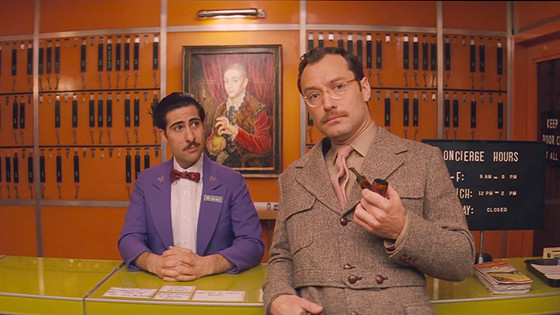
The name Alexandre Desplat is attached to so many films these days, it’s surprising other composers get any work. This is mostly because even though he does about five films a year, each score is distinguishable from the other, contributing in decidedly different ways to different films. His score to Jonathan Glazer’s “Birth” chirps like a bird and booms like an opera at the same time, while his score to Tom Hooper’s “The Danish Girl” tenderly balances themes of love and loss as if dancing on just one toe.
One of his most memorable scores, if not his best is for Wes Anderson’s “The Grand Budapest Hotel”, a hotel concierge’s adventures told from the perspective of a plain-spoken and obedient Lobby Boy called Zero. “The Grand Budapest Hotel” features the best craft in all of Anderson’s films and Desplat’s reflective score, bathed in nostalgia, is perhaps most outstanding of them all.
He takes you instantly and effortlessly into the candy-filled, ironical, whimsical world of the Republic of Zubrowka, and then gradually, with flawless timing, adds layers of old-world charm and surficial romance to it, that nonetheless is inherited completely by the audience. The score nicely complements the symmetry of Anderson’s camera, being much more contained and balanced than Desplat’s other scores, but just as commanding and resourceful.
10. Dunkirk – Hanz Zimmer
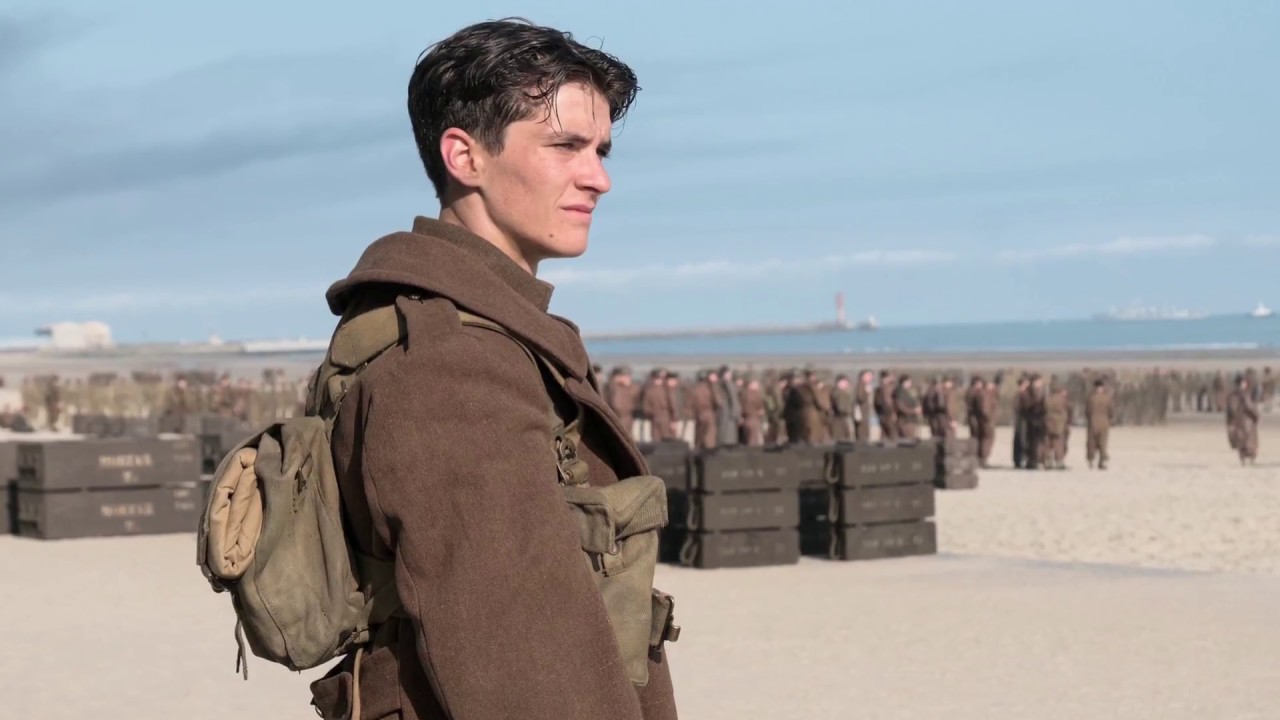
Perhaps no other contemporary film composer has a wider fan base than Hanz Zimmer, whose sweeping, grandiose creations are at once austere and overwhelming. His work on “The Lion King” landed him an Oscar, and his collaborations with great filmmakers like Ridley Scott on the historical epic “Gladiator”, among others, with Terrence Mallick on “The Thin Red Line” and with Nancy Meyers on “The Holiday”, among others, not only clearly exhibits his indomitable range, but also highlights a staggering consistency throughout his filmography.
But no collaboration in Zimmer’s career has been more significant or defining than the one with Christopher Nolan. And although his work in the “Dark Knight” trilogy, “Inception” and “Interstellar” would be enough to impress even the strictest of assessors, Zimmer outdid himself with his urgent, all-consuming, perennially present score for “Dunkirk” – Nolan’s masterpiece that wouldn’t be half the film it is without Zimmer’s dizzying intensity.
Zimmer never lets you breathe. You are so consumed in emotion that each tick of the clock and each quietly devastating note hits you with maximum impact in the moment before swiftly changing gears all over again. It is meditative and harrowing, heartbreaking and elating, conscious of its power and yet, simply, serenely beautiful. It is that rare work of art that challenges the limits of its medium and doesn’t fail to touch the very extremes.
9. La La Land – Justin Hurwitz
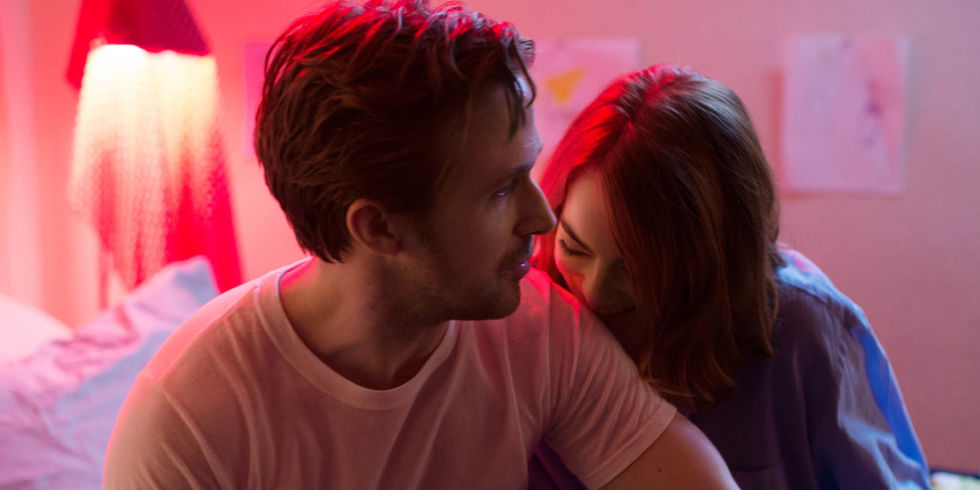
There are few director-composer partnerships that so entirely and elegantly depend upon the harmony of ideas among the partners like that of Damien Chazelle and Justin Hurwitz. Both met at Harvard where they shared a dorm and instantly gravitated towards making movies. Their first was the student film “Guy and Madeline on a Park Bench”, which was followed by their astounding breakthrough with Chazelle’s “Whiplash” which got 3 Oscars and “La La Land” which got 6 and was nominated for a total of 14.
“La La Land” is a musical of movie musicals. It is as much an ode to cinema, jazz and Los Angeles as it is to Jacques Demy and Michel Legrand, and the sheer whimsy of dreaming. Its sun-filled buoyancy is comforting, sweetly saddening and never jarring. Its lush, yellow and red aura crackles with electricity and the tanginess of its perfect score.
While Chazelle might be the dreamer here, Hurwitz’s score is the dream. It is saccharine, haunting, zany, inimitable and unabashedly, inheritably romantic. It relishes in the protagonists’ joy and sublimely summons all the delicate emptiness of heartbreak. While the songs, especially “Another Day of Sun” and “Audition (The Fools Who Dream)” are unforgettable, the score has its own soul and heart, in the absence of which “La La Land” would die a pitiable death.